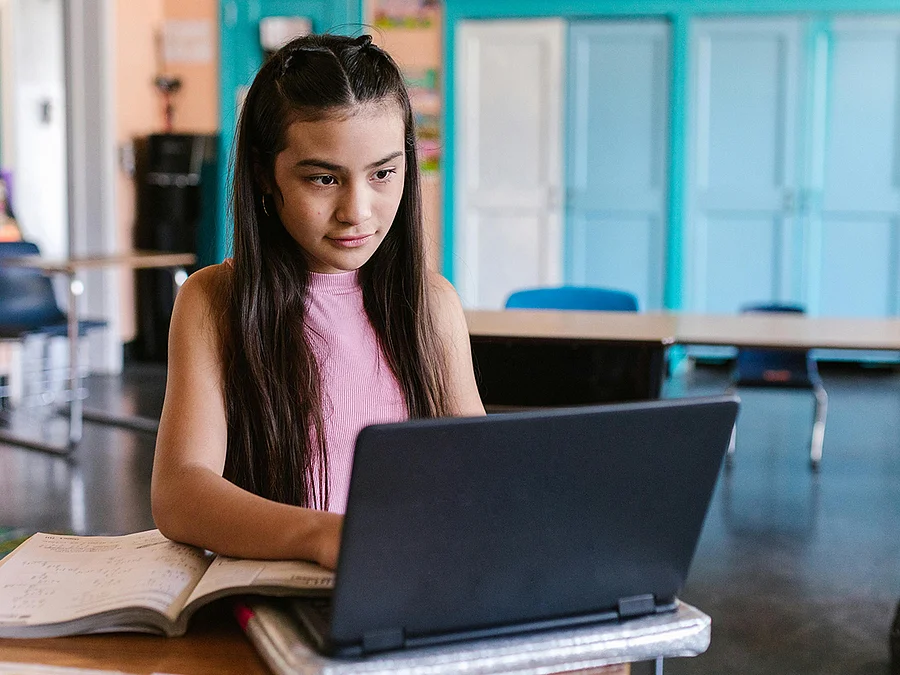By Abdulla Rasheed
Copyright gulfnews

Abu Dhabi: The Ministry of Education, through its Digital Transformation and Artificial Intelligence Sector, has announced a comprehensive update to five key links within its main digital systems. .The initiative is part of an ongoing project to integrate and re-domain digital platforms, aimed at improving the quality of e-services and making access easier for students, parents, and teachers. It also marks a further step in strengthening digital transformation and enhancing the infrastructure of the UAE’s education system..New UAE school year brings AI curriculum, unified holidays, and updated exams.New linksIn a circular sent to public schools across the country, the ministry confirmed the launch of updated links for its main educational systems:Al Manhal System: https://sis.moe.gov.aeStudent Portal: https://student.moe.gov.aeSmart Learning Portal: https://lms.moe.gov.aeUnified Login System: https://ssologin.moe.gov.aeE-Book Library (Minhaji): https://minhaji.moe.gov.aeActivation timelineThe new links will be activated gradually, starting Friday, September 26 at 3:00pm, with full activation scheduled for Monday, September 29 at 6:00am. This phased approach is designed to ensure a smooth and uninterrupted transition.The ministry stressed that the update reflects its commitment to keeping pace with technological advances and providing innovative digital solutions that support education in the UAE, contributing to a more advanced and effective learning environment.Technology has become central to modern life, with artificial intelligence (AI) and digital solutions reshaping many sectors, including education. Within this shift, digital learning platforms — or e-learning systems — have proven to be essential and highly effective..New school year begins with focus on student readiness and new AI curriculum.What is a digital platform?Educational digital platforms are online systems that combine resources, interactive activities, and communication tools. They allow teachers and students to access lessons, assign and submit homework, and interact seamlessly.Teachers can track student progress, conduct assessments, and provide timely feedback. Students, meanwhile, can revisit lessons, request support, and communicate directly with teachers when needed. These platforms also encourage idea-sharing and discussions, making the learning process more engaging and efficient.Ultimately, digital platforms aim to provide a flexible, comprehensive, and technology-driven learning experience, making education more accessible and effective for all.



